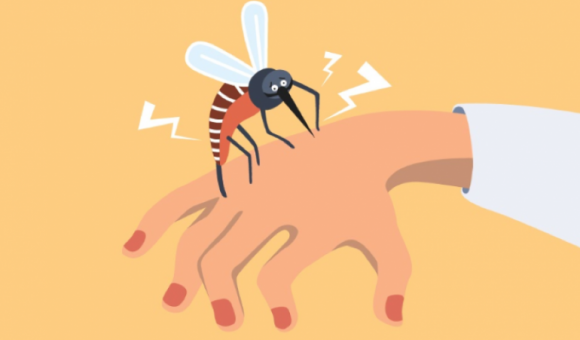MOSQUIRIX: THE MALARIA VACCINE MADE IN WALLONIA17/02/2022
Do the names Boostrix, Priorix, Engerix or Twinrix ring a bell? No, they are not characters from the comic strip Asterix and Obelix, but vaccines that were designed and produced by GSK in Rixensart, Belgium. Hence the suffix “-rix”!
GSK Belgium is the GSK Group’s centre of excellence for vaccine R&D, manufacturing and commercialisation. It plays a major role in the Belgian pharma ecosystem. It is also the biggest private employer in Wallonia, with more than 8000 employees.
After more than 30 years of R&D, GSK officially unveiled Mosquirix, the very first malaria vaccine. Mosquirix had already received approval from the European agency in 2015, but launched in 2019 a full-scale test in Ghana, Kenya and Malawi, as the World Health Organization (WHO) wanted more results. The trial has been largely successful and has already resulted in the vaccination of more than 800,000 children. As a result, the WHO has recommended the roll-out of immunisation for all children living in sub-Saharan Africa and other regions with moderate to high malaria transmission.
Malaria, also called "swamp fever", is an infectious disease spread by the bite of certain mosquitoes. The parasite infects the victim's liver cells and then circulates in the blood, colonising and destroying red blood cells. Malaria remains the largest parasitic disease, with 409,000 deaths in 2020. This disease mainly affects children under the age of five and pregnant women. The malaria vaccine stimulates children's immune systems to fight the deadliest of the five malaria pathogens (Plasmodium falciparum) and the most active in Africa.
The deployment of Mosquirix is thus a milestone for the African continent, including South Africa where the North-east is highly exposed to malaria. WHO Director-General Tedros Adhanom praised the breakthrough "for science, for children's health and for malaria control".
For more information, see GSK’s website: https://www.gsk.com/en-gb/media/press-releases/gsk-welcomes-who-recommendation-for-broad-roll-out-of-its-rts-sas01e-rts-s-malaria-vaccine/
